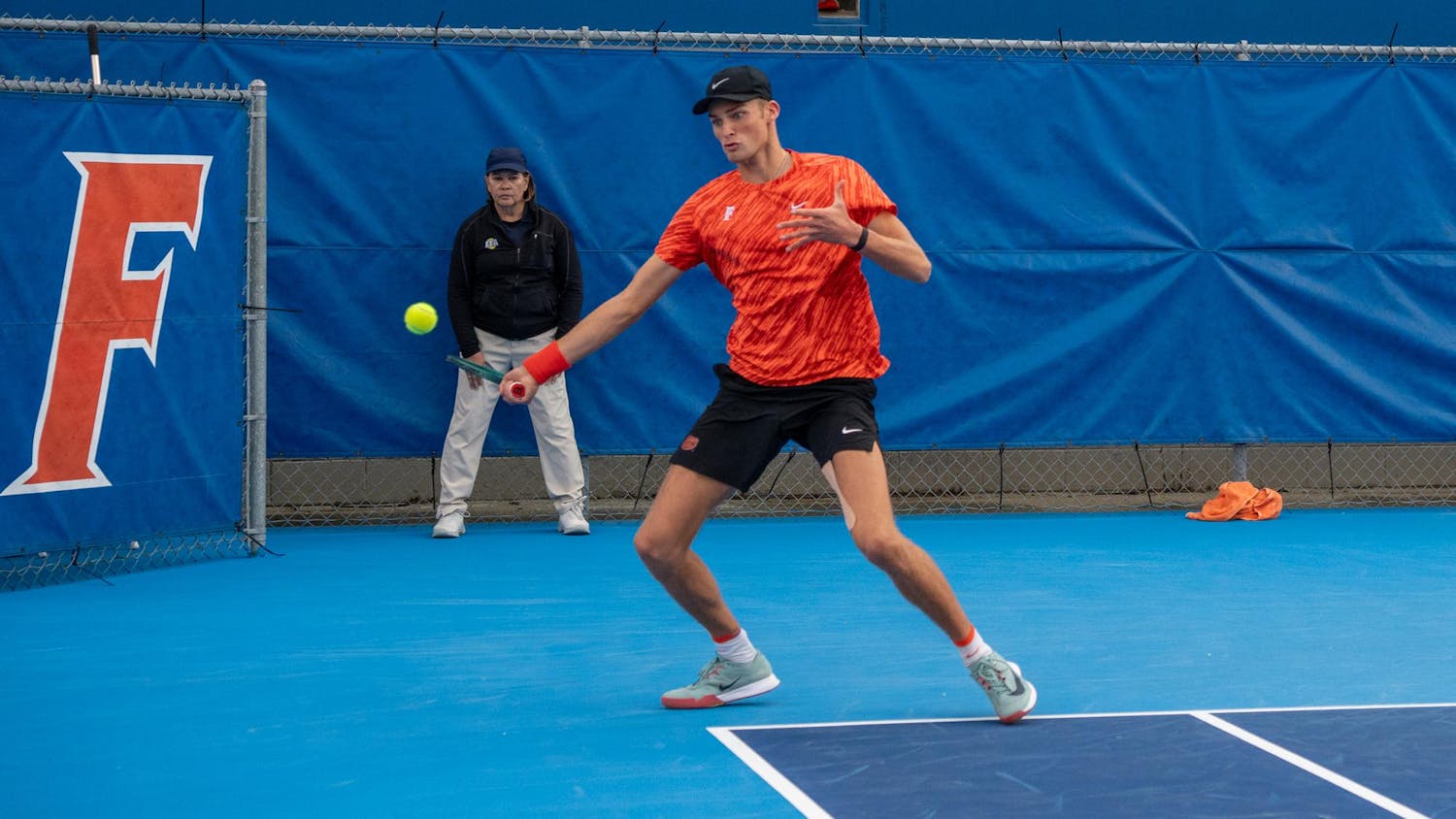College students pride themselves on being the most optimistic, innovative and take-action demographic in this country. Our generation in particular is said to be more committed to solving social injustices than any generation before us, but it seems as if college students have lost their giddy enthusiasm and unrelenting optimism.
Despite the abundance of student organizations committed to service, a sense of apathy and a degree of ignorance seem to dominate the campus atmosphere.
Monday marked the beginning of "Break the Silence" Congo Week, providing students a chance to reconnect with their activist roots.
For the rest of the week, 30 countries and more than 100 university campuses will unite to participate in activities to help spread awareness and mobilize humanitarian action in response to the atrocities occurring in the Democratic Republic of the Congo.
So don't turn the page and shrug your shoulders at the thought of reading another story about the horrors in Africa. Break through your "out of sight, out of mind" approach and face the world with dignity.
Throughout the past 10 years, more people have died in the Congo than anywhere else in the world, making it the deadliest conflict since World War II, according to the event's Web site. That's more deaths than Darfur, Iraq and Rwanda. That being said, I do not intend to belittle the crimes and cruelties that have engulfed these other war zones. Rather, I seek to shed light on our inexcusable ignorance.
After massacring 800,000 Tutsis in Rwanda, psychologically damaged Hutus fled across the Rwandan border into the Congo. Largely in response to this refugee overload, war broke out in the Congo in 1996, eventually involving so many nations it became known as Africa's World War.
The war destroyed all existing infrastructure, destabilized the economy and eliminated all forms of law and justice in the country. Despite numerous cease-fires and UN "attempts" to facilitate peace agreements, anarchy is currently the rule of the land, and rebel militia groups and government troops engage in nonstop combat.
The eastern Congo is notoriously reputed as the sex-based violence capital of the world, as rape has become a norm and the preferred weapon of war. After all, women and girls are cheaper than bullets.
Many insist that rape is the most ancient weapon of war. It's nothing new and can't be stopped.
The barbarism and brutality that pervades the Congo is grotesque and inhumane, defining rape in unprecedented terms.
Date rape and non-consensual sex is a frequent topic of discussion on college campuses. Having too much to drink followed by morning-after regrets is not close to the brutality occurring in the Congo. There, 3-year-old girls and 75-year-old grandmothers have been gang-raped with gun-barrels, sticks and knives, used as sex slaves and abandoned by families that consider them "soiled."
Seventy percent of Congolese women and girls have been raped or sexually mutilated at least once, frequently to a degree where intensive pelvic reconstructive surgery is needed in order for basic bodily functions to work.
With rape occurring with impunity and little to no education system to keep young boys from becoming child soldiers or joining rebel groups, a genocide against women has become the status quo.
Somehow, silence still dominates our political consciousness.
This week, we hope to educate students about the epidemic in the Congo and mobilize a committed core of students to take action.
Shed your cynicism, chuck your apathy out the window and leave your ignorance-is-bliss attitude behind.
Although your economic future may be shaky, your post-graduation job opportunities likely diminished and the legitimacy of your nation questionable, one thing is sure: However detrimental the past month may have been to your bank account, you still have the resources, the brains and the capabilities to make a difference in the lives of others. The only question is if you have the drive.
Carolyn Witte is a student at Cornell University.





